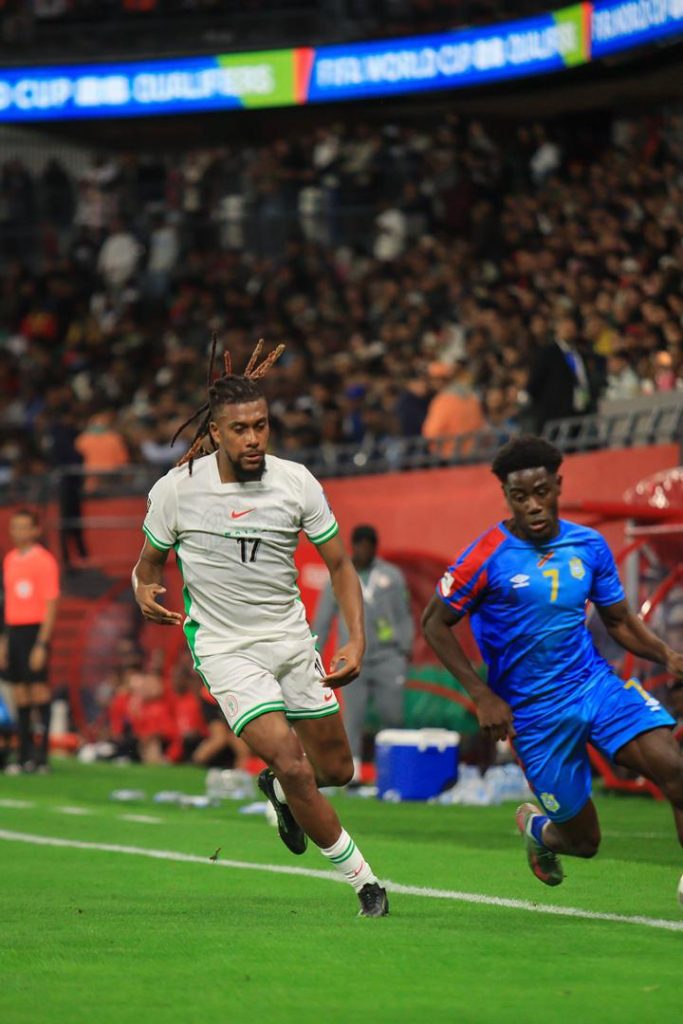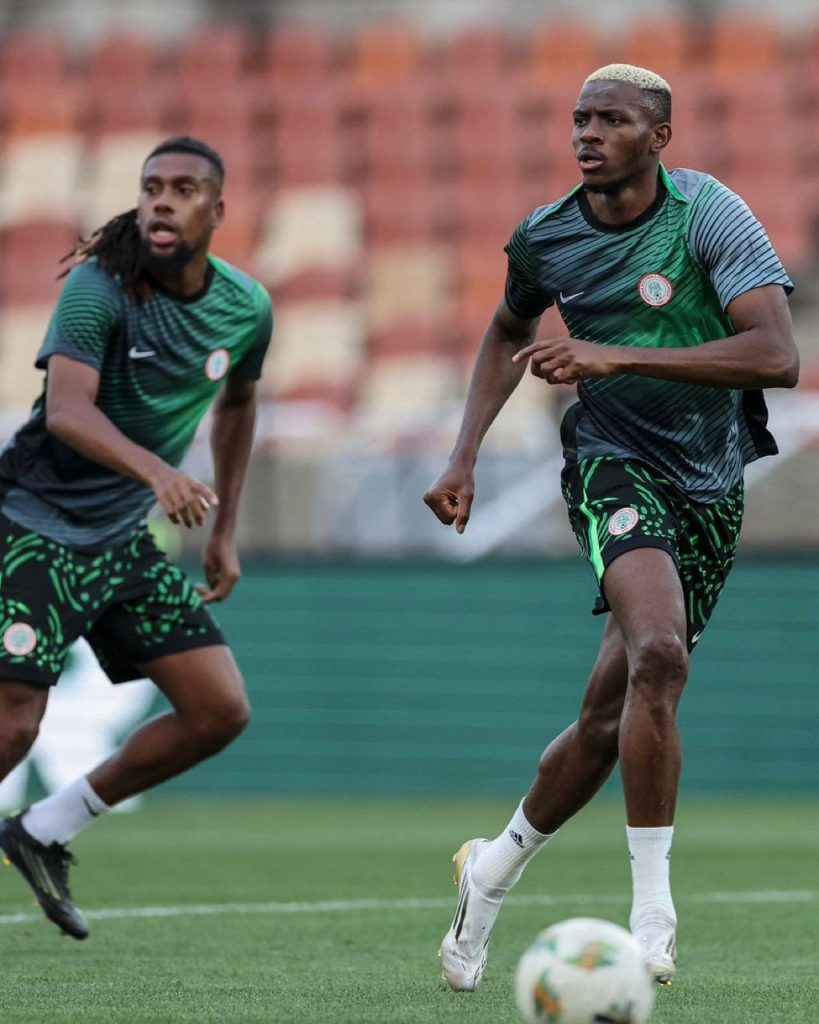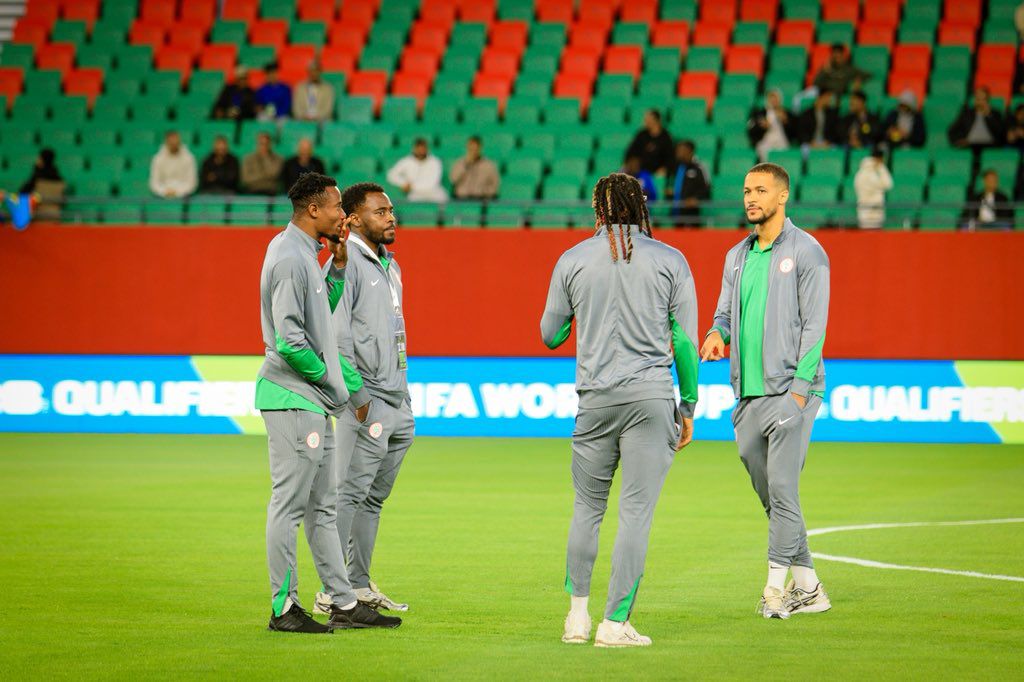For the third time since 2006, Nigeria will watch the FIFA World Cup from afar. The Super Eagles’ painful CAF playoff final exit on penalties to DR Congo has triggered the inevitable national inquest: who is truly responsible for yet another generational failure; the Nigeria Football Federation (NFF) or the players themselves?
Few national associations carry as much baggage as the NFF. Days before the crucial semi-final against Gabon, the squad refused to train in Rabat over unpaid bonuses stretching back to 2019, monies owed from AFCON qualifiers and World Cup preliminaries.
Captain William Troost-Ekong even took the extraordinary step of issuing a public ultimatum on social media. The dispute was only settled hours before kick-off, draining energy and focus at the worst possible moment.
This is not new. Nigerian teams have boycotted training or threatened strikes over unpaid allowances in 1996 (Olympic gold medallists), 2013 (AFCON winners), 2014 (World Cup), and now 2025.
The pattern is exhausting. Coaching instability has been equally damaging: the Super Eagles have seen eight changes to the coaching department within four years (2021–2025).
Chronic underinvestment in youth structures has left the once-fertile Nigerian talent pipeline worryingly thin. The men’s national teams have been underperforming across all levels, from the Golden Eaglets to the senior side.

The Players Are Not Blameless
Yet absolving the squad entirely would be dishonest. Against DR Congo, Nigeria started brightly, scoring less than five minutes into the game, but still contrived to lose on penalties.
DR Congo went on to dominate the proceedings, recording more possession, more attemptson target, and more corners, especially in extra time.
Stanley Nwabali saved two spot-kicks and still ended up on the losing side because Semi Ajayi, Calvin Bassey, and Moses Simon all failed to convert.
World-class talent means little without world-class mentality. Too often, Nigeria’s stars look like a collection of individuals rather than a cohesive unit, especially when the stakes are highest.
A Toxic Marriage
The deeper truth is the poisonous relationship between the federation and the players. Distrust is total. Every unpaid dollar breeds resentment; every public outburst deepens the divide.
When grievances are carried onto the pitch, no tactical plan, not even Eric Chelle’s previously unbeaten competitive record can fully compensate.

The Road Ahead
Redemption could come as early as the 2025 Africa Cup of Nations in Morocco next December, but only if something fundamental changes.
The football faithful have watched this movie before: outrage after elimination, promises of reform, then business as usual until the next crisis.
Nigeria produces talent in abundance. What it lacks is a functioning system to harness it.
Until the NFF is professionalized (financially transparent, administratively competent, and strategically patient) and until the players and technical team accept that individual brilliance must be subordinated to collective discipline, the cycle of hope and heartbreak will continue.
The Nigeria Football Federation needs a new culture. A number of former Nigerian internationals have been vocal about the necessary changes within the football system.
Notable ex-players like John Mikel Obi and Sunday Oliseh have repeatedly castigated the federation over the lack of accountability and corruption that continue to destabilise the national teams.
The question for Nigerian football is no longer “who is to blame?” but “when will it be fixed?”



